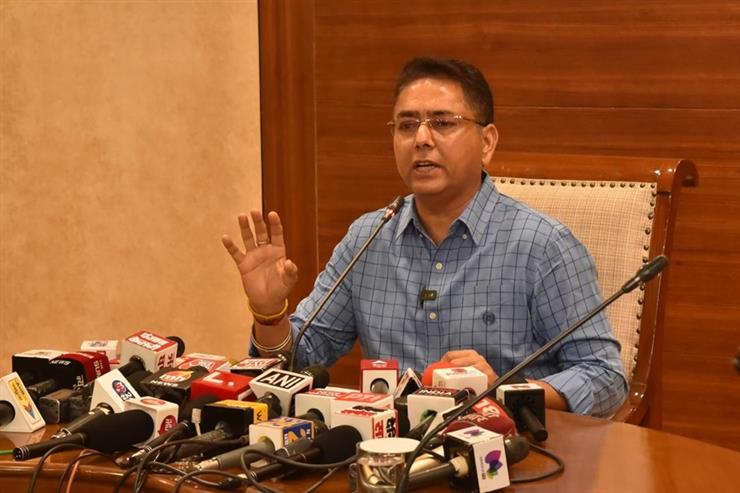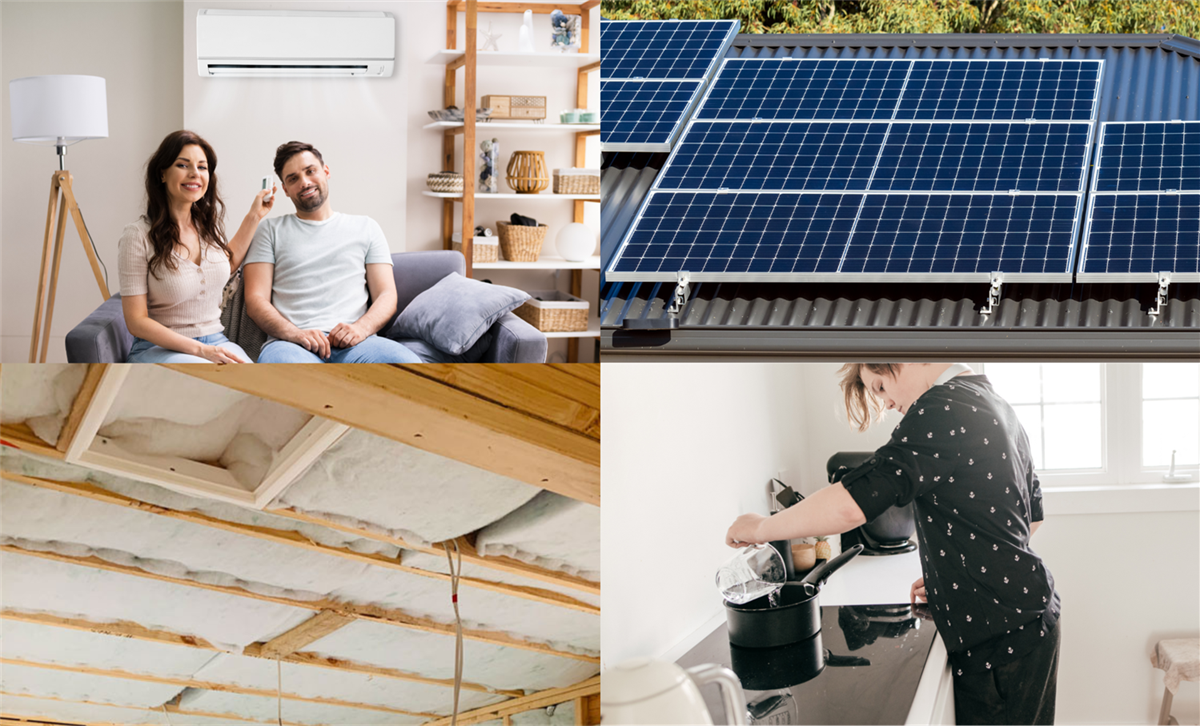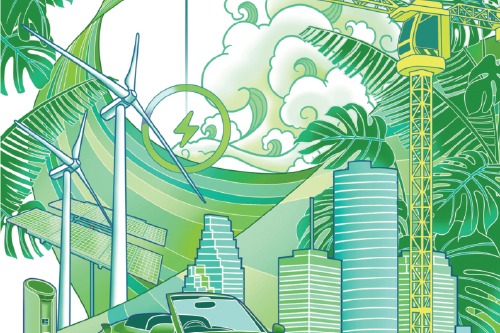New Financial Incentives for Renewable Energy
Financial rewards for communities, small businesses, farmers, and individuals adopting solar and wind power are being increased. Minister for Energy Eamon Ryan announced an overhaul of tariffs on Wednesday, making it more attractive to feed surplus power into the grid. This development aims to support the solar energy market and green energy policies.
The new range of fixed feed-in tariffs targets small-scale and community projects producing between 50kW and 6MW of renewable electricity. This expansion is part of the small-scale renewable electricity support scheme (SRESS). Minister Ryan highlighted that this initiative “provides an easier route to market for community projects, farmers, and SMEs,” maximizing their participation in the energy transition.
Support for Community and Small-Scale Projects
The SRESS terms will be revealed later this year. Minister Ryan emphasized the urgency of scaling up renewable energy efforts. He noted that although 100 houses daily are adding solar panels and every school is switching to solar, more actions are needed. He stressed the importance of the microgeneration scheme, approved by the Cabinet, as a critical step in this direction.
Public support is crucial for the success of Ireland’s renewable energy transition. Minister Ryan emphasized the need for public “enthusiasm, understanding, and acceptance of the scale of change.” Addressing difficulties within An Bord Pleanála in processing onshore wind and solar projects, he urged the passage of the Planning and Development Bill this summer. This bill aims to provide greater certainty and speed in planning and legal systems, ensuring projects are not delayed by expensive litigation processes.
Economic and Policy Considerations
Commissioner Aoife MacEvilly of the Commission for the Regulation of Utilities mentioned that energy prices would not return to 2021 levels due to the price of gas. With the public service obligation (PSO) levy being reapplied to electricity customers later this year, interventions will be necessary to assist those in energy poverty.
EU energy commissioner Kadri Simson noted that Europe had successfully navigated two winters since the start of the Ukraine war without energy shortages or supply cuts, while reducing reliance on Russian gas. Wind power in Europe surpassed gas-fired electricity last year. It has also become faster and simpler to obtain permission for renewable power projects.
In the coming weeks, the European Commission will announce the harmonization of renewable auctions. This initiative will allow EU states to offer contracts to developers, providing certainty and further price stability in the energy market.
Political Support and Future Prospects
Dublin MEP Ciarán Cuffe, speaking before a parliamentary workshop on promoting renewable energy, underscored the importance of upcoming elections in securing support for the European Green Deal. He remarked on the significant progress made since 2019, turning ambitious climate goals into law. However, he cautioned that implementing these laws requires collaboration among the government, industry, NGOs, and the public.
Cuffe expressed concern over the rise of the far right in Europe, which threatens to undermine climate action progress. He emphasized the need for experienced and influential MEPs to defend the European Green Deal and ensure that the benefits of climate action—such as cheaper green energy, cleaner air and water, and warmer homes—are realized.
Source:irishtimes.com





